Heriz Rugs For Sale – These items are often crafted with a sense of purpose, where every stitch, joint, and component is carefully considered to create a product that not only functions well but looks beautiful in the process. The internet, for example, has created a space where anyone can buy or sell almost anything, from physical products to intangible services. Furniture is another category that lends itself well to the second-hand market. The rise of minimalist living, which emphasizes owning fewer, more meaningful possessions, has played a role in this shift. In the end, the real challenge is to navigate this world — to understand the forces of commerce that shape our lives, while holding onto those things that remain beyond the reach of money. The environmental benefits of buying second-hand goods go beyond just reducing the need for new production. For some, selling a business is a proactive decision to move on to new ventures, while for others, the sale might be the result of external factors, such as market downturns, changing consumer preferences, or regulatory shifts. The due diligence process helps the buyer understand the risks involved, the company’s market potential, and any legal or operational hurdles that may exist. Similarly, vinyl records have experienced a resurgence in recent years, with collectors seeking out rare albums and vintage pressings. When a person decides to sell something, they might weigh the pros and cons, debating whether it’s the right time or whether it’s really necessary to part with what they’ve had for so long. For people looking to furnish their homes, build a wardrobe, or invest in certain hobbies or collections, second-hand goods often provide a way to access items they might otherwise be unable to afford. Are there things that should be kept beyond the realm of trade? Or has the marketplace — with its insatiable demand and promise of exchange — seeped into every facet of our being?
If everything is for sale, then the concept of value itself becomes fluid, subjective, and often manipulated. In the realm of electronics, a quality product, such as a high-end camera or a premium laptop, can perform reliably for years, often outlasting cheaper alternatives. Yet, despite this shift, the appeal of quality craftsmanship has not waned. Second-hand markets also promote the idea of a circular economy, an economic system that focuses on reducing waste and reusing products. This is especially true in a world dominated by fast fashion, disposable electronics, and mass-produced products. Every click, every like, every follow, is part of an ongoing transaction. People are rediscovering the value of items that have been made by hand, with care and skill, as opposed to the impersonal, assembly-line products that dominate the marketplace. We live in a society where people constantly trade their time for money, their expertise for compensation, their dreams for tangible rewards. This has opened up new opportunities for small businesses to thrive and for consumers to access unique, well-made items that they might not have encountered otherwise.
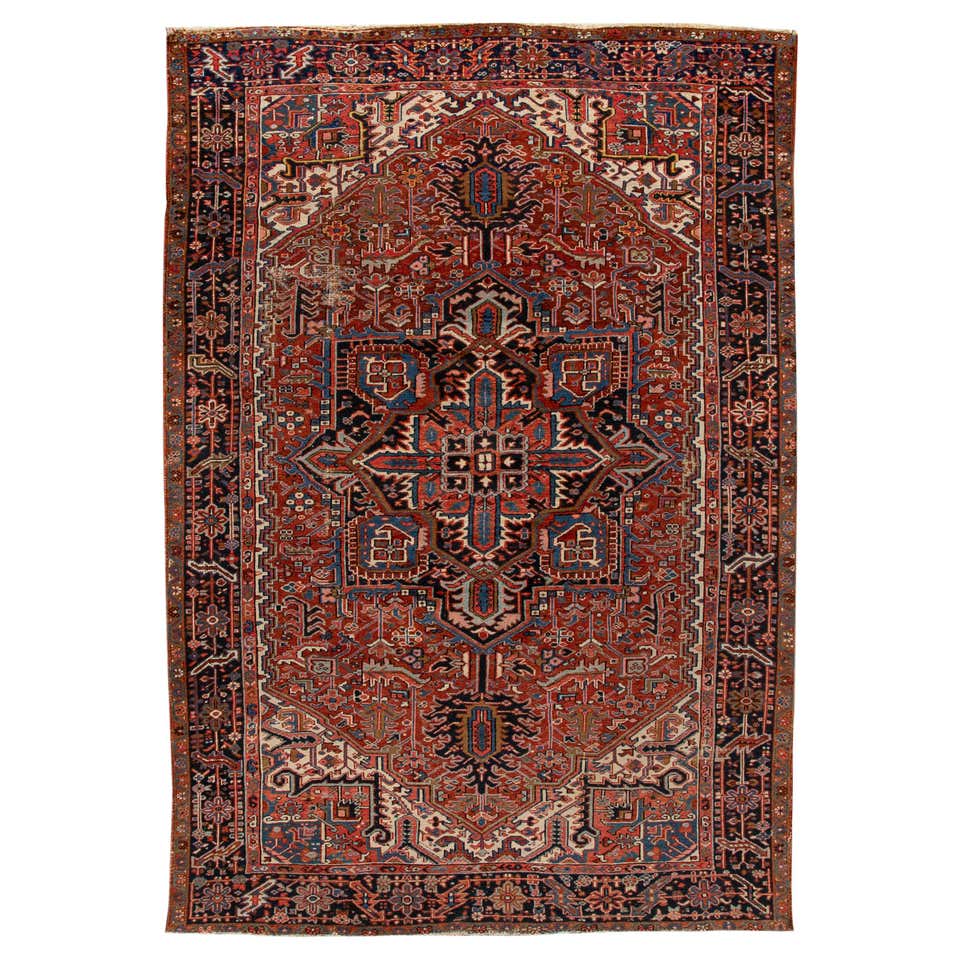
Antique Persian Heriz Handmade Multicolor Medallion Wool Rug For Sale
4/5 (738 reviews)

Large Geometric Antique Persian Heriz Rug 48850 Nazmiyal
4/5 (738 reviews)
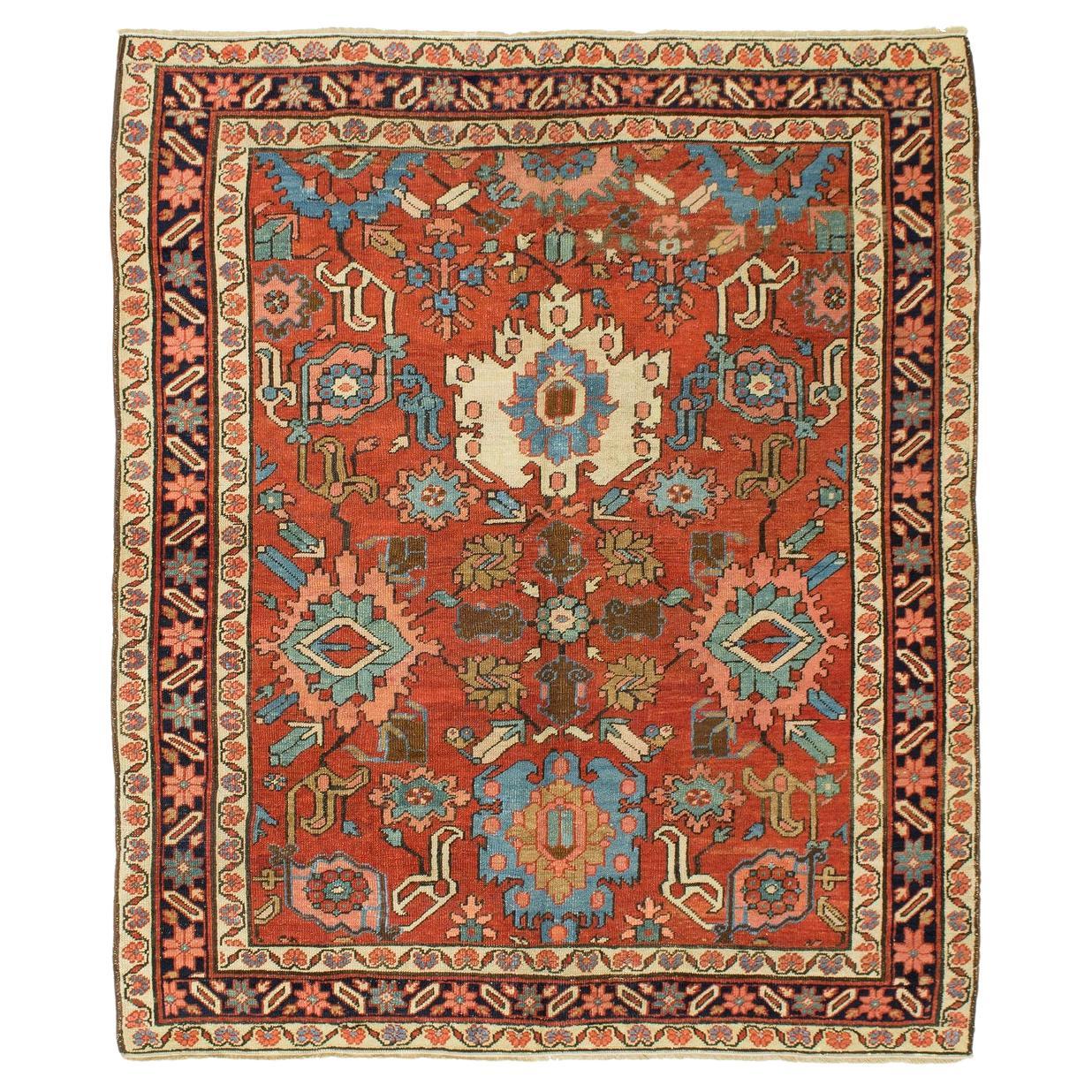
Antique Heriz Rug at 1stDibs heriz rugs for sale
4/5 (738 reviews)
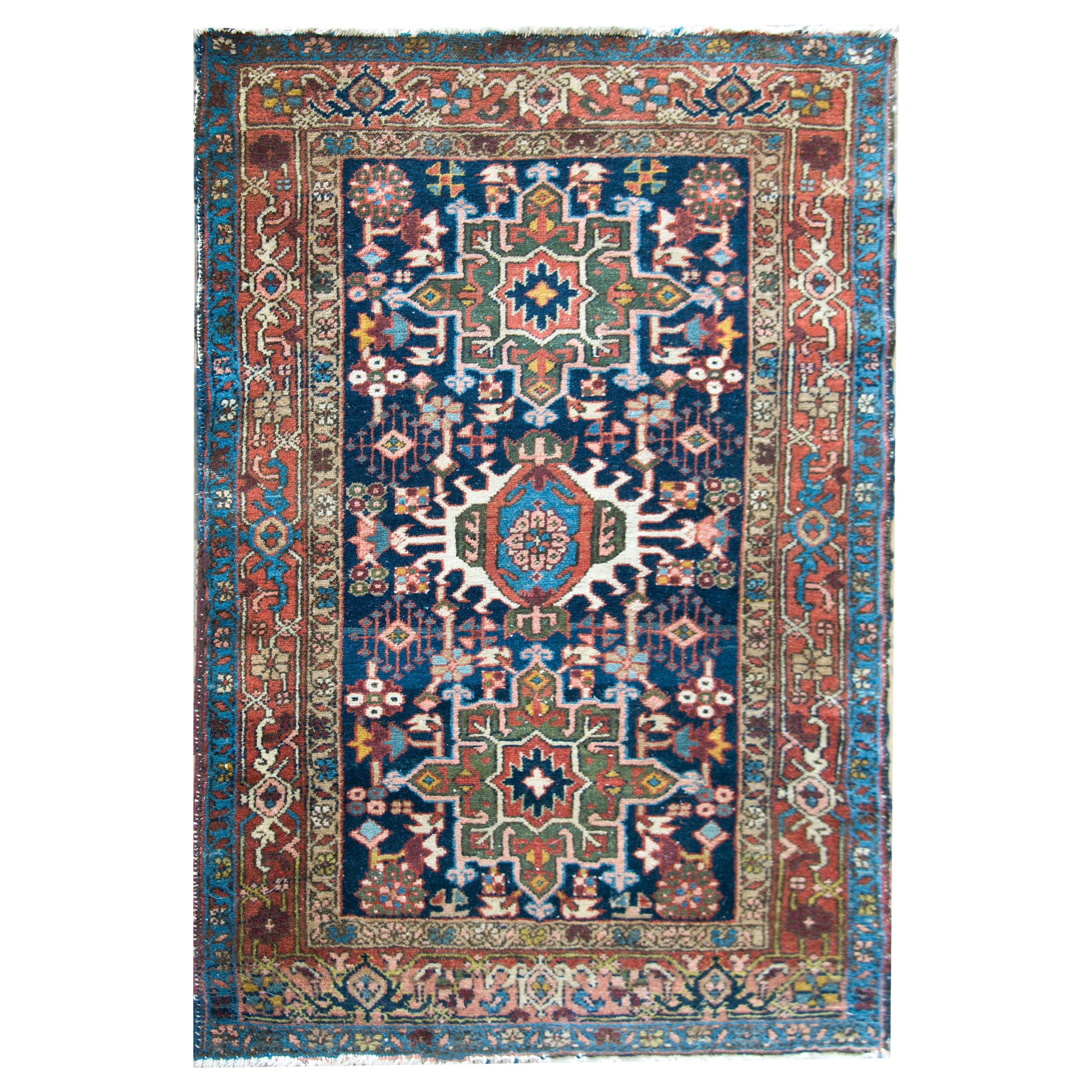
Early 20th Century Persian Heriz Rug For Sale at 1stDibs karastan
4/5 (738 reviews)
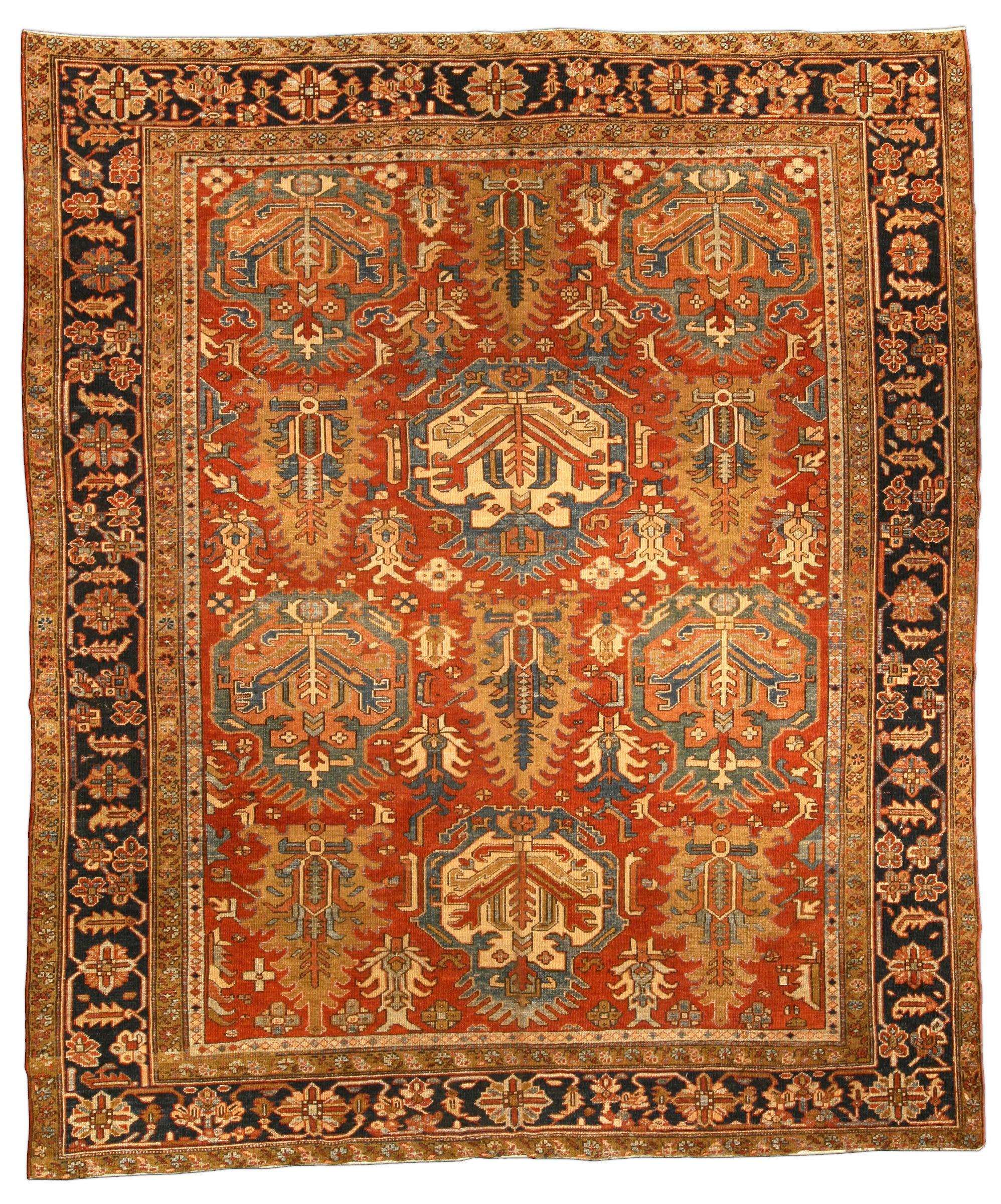
Heriz Rugs (Serapi, Antique Persian) Bakshaish Carpets For Sale · NYC
4/5 (738 reviews)

Antique Heriz Serapi Rug For Sale at 1stdibs
4/5 (738 reviews)
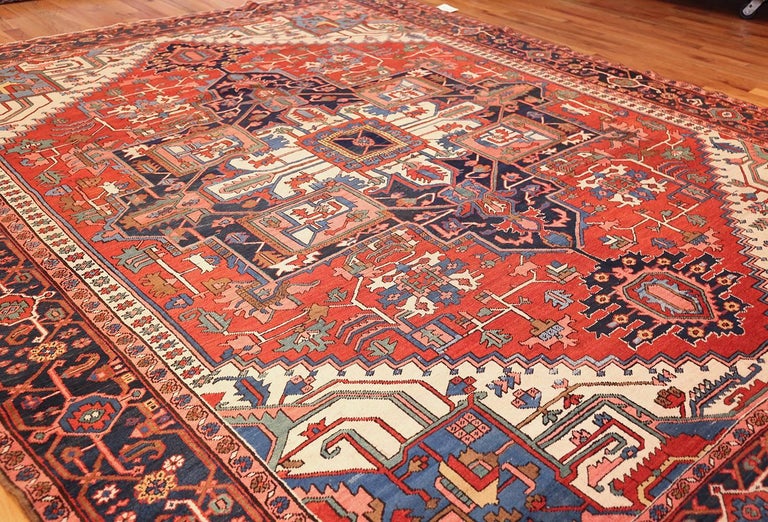
Antique Persian Heriz Rug For Sale at 1stdibs
4/5 (738 reviews)
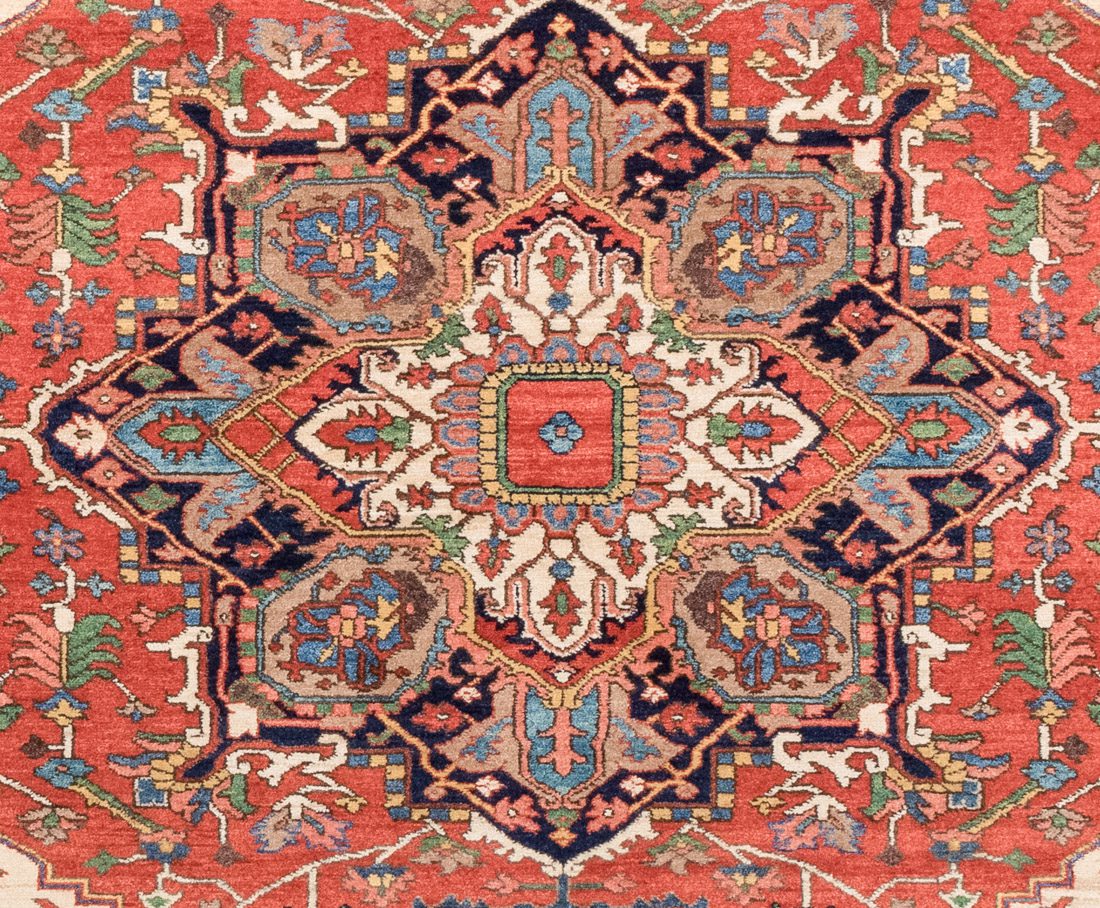
Ultimate Persian Heriz Wool Rug Kebabian's Rugs
4/5 (738 reviews)
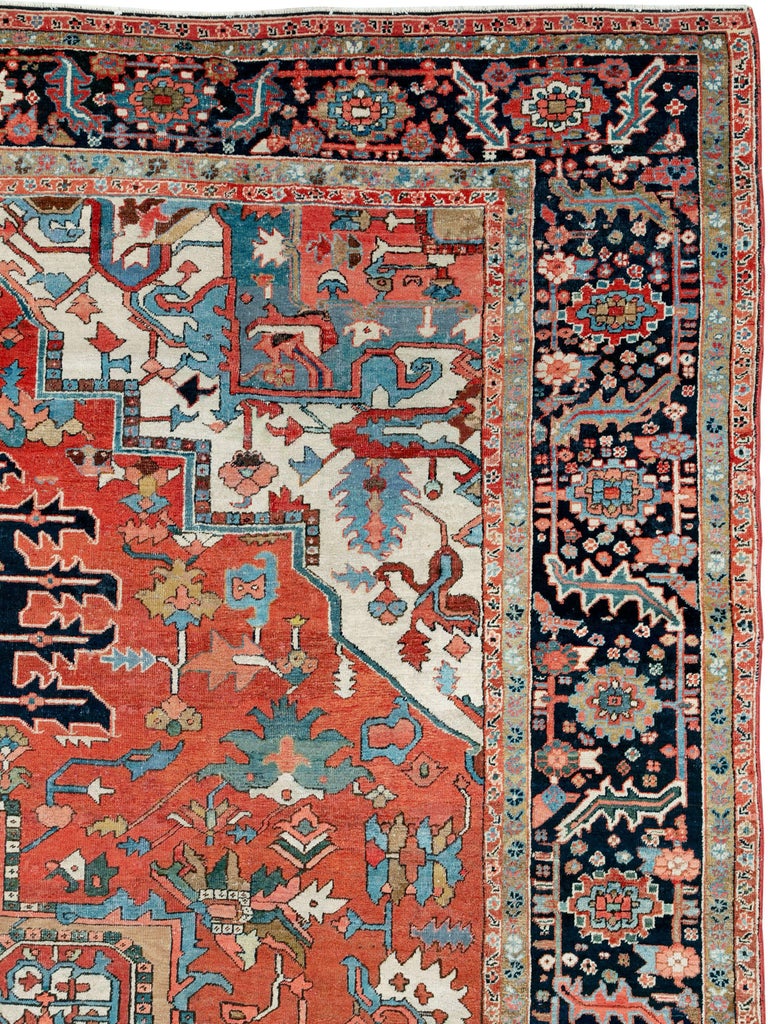
Antique Persian Heriz Rug For Sale at 1stdibs
4/5 (738 reviews)
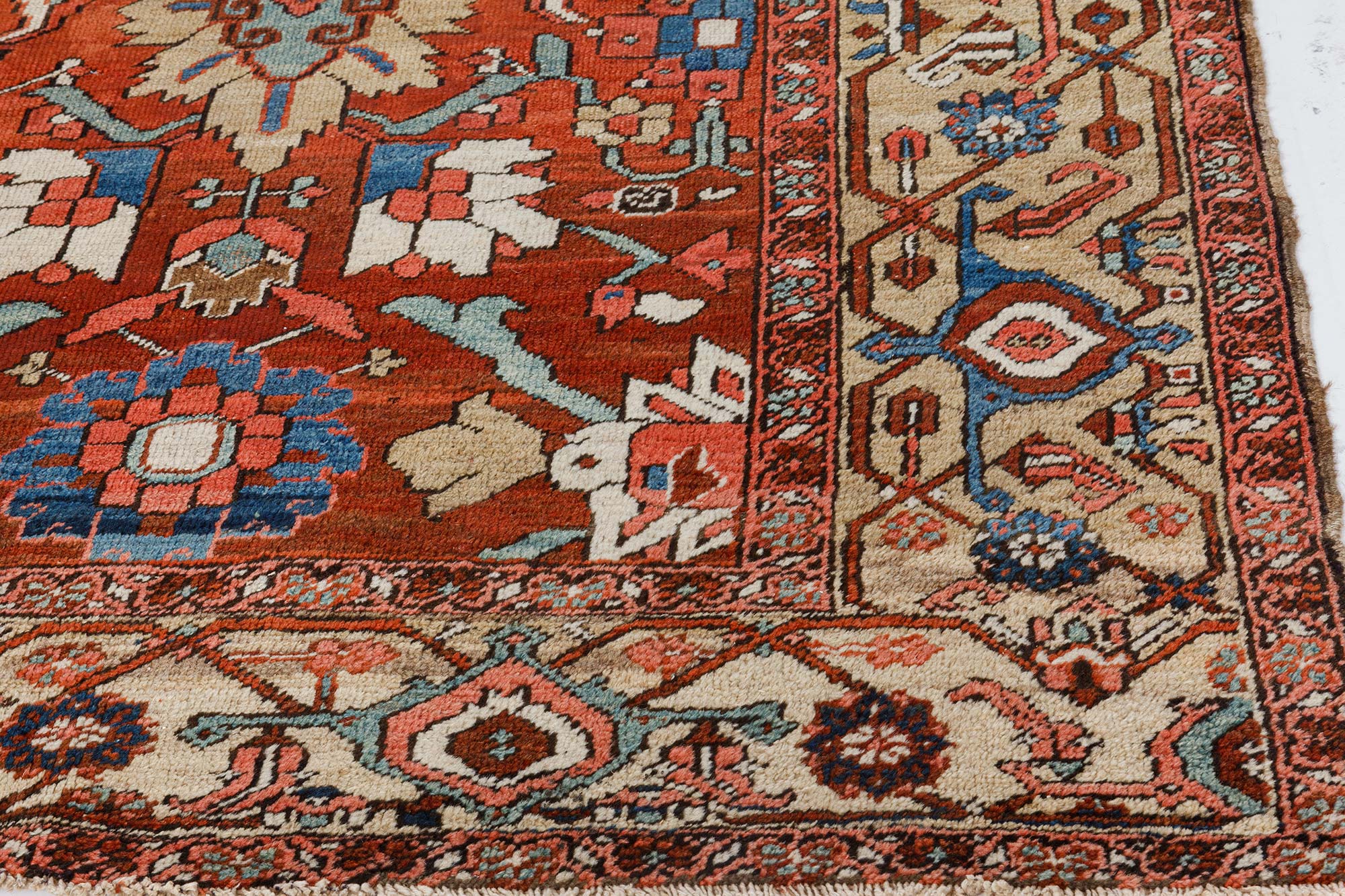
Antique Persian Heriz Rug BB7373 by DLB
4/5 (738 reviews)
Online platforms like Etsy, for example, have given artisans a global audience for their high-quality handmade goods. It forces us to ask difficult questions about ownership, worth, and the limits of human desire. Many sellers of second-hand electronics offer refurbished items, which have been inspected, repaired, and restored to a like-new condition. While there are certainly markets where affordable goods are a necessity, quality goods for sale often come with a premium price tag. In conclusion, quality goods for sale represent the best that craftsmanship, design, and functionality have to offer. It’s a phrase that, at first glance, may seem simple and straightforward. Online business-for-sale marketplaces have made it easier than ever for individuals to find opportunities, compare businesses, and evaluate the potential of various investments. Everything for sale. But is this a reflection of reality? Or is it an illusion we’ve created, an idea we’ve accepted in order to make sense of a world that increasingly revolves around consumption and profit?
At the core of this idea lies the assumption that everything, no matter how unique or rare, can be exchanged. However, there’s also an argument to be made that, over time, quality goods are often more economical in the long run. It doesn’t fall apart after a few uses, nor does it need to be replaced after a season. Most new items, particularly electronics, are designed with built-in obsolescence. Just as with material possessions, when a person is “for sale,” they put their value on display for others to assess. The second-hand market is not just about saving money; it’s about embracing a more sustainable, mindful way of consuming that values reuse, repurposing, and the stories behind the items we choose to keep. With just a few clicks, consumers can browse through thousands of listings for second-hand items from all over the world. This has opened up new opportunities for small businesses to thrive and for consumers to access unique, well-made items that they might not have encountered otherwise. Business brokers play a key role in facilitating the transaction by acting as intermediaries between the buyer and seller. Many quality goods are made by artisans or small businesses who take the time to create products that reflect their expertise and passion. The ease and convenience of online sales have created a global marketplace where individuals can connect with buyers and sellers across the world. For many, purchasing second-hand goods is not just about saving money, but about embracing sustainability, supporting a circular economy, and contributing to a more environmentally conscious world.
The buying and selling of companies, brands, and even entire industries can reshape economies, alter job markets, and redefine how goods and services are delivered. There are communities that exist outside the realm of traditional commerce, where sharing, collaboration, and mutual support take precedence over profit. The artist who created it may have one understanding of its worth, while a collector may see it as a valuable investment, and a casual admirer might simply appreciate its beauty without considering its monetary value. Just as with material possessions, when a person is “for sale,” they put their value on display for others to assess. When people buy second-hand items, they are extending the life cycle of those goods, which means fewer products end up in the trash. This sense of connection can also extend to the broader culture of quality goods, where consumers and creators share a commitment to excellence and a desire to preserve the craft and tradition behind these products. With the rise of online platforms and a growing cultural shift toward sustainability, the second-hand market continues to thrive, providing consumers with more options and opportunities than ever before. In the realm of real estate, for instance, selling a house is often an emotional and logistical challenge. This is particularly important in a world where design has become a central element in consumer decision-making. The marketplace for second-hand items continues to grow, driven by economic, environmental, and cultural factors. This subjective nature of value is what makes the “for sale” market so dynamic. The items placed for sale are not merely commodities; they are often vessels of memories, symbols of past achievements, or representations of something bigger than the price tag they carry. A well-made frying pan or a durable pair of boots might not have the cachet of a designer handbag, but their value lies in their functionality and reliability. Even objects with little intrinsic value can be sold with great meaning. With just a few clicks, consumers can browse through thousands of listings for second-hand items from all over the world. In some cases, sellers may be willing to offer financing options, where they agree to receive payment over time, which can make the business more attractive to potential buyers. This revival can be attributed to a combination of economic factors, growing awareness of environmental issues, and a shift in consumer attitudes toward sustainability and the value of pre-owned items. This connection between consumers and the creators of quality goods is something that’s been fostered for centuries. The global marketplace, with its constant buying and selling, influences everything from politics to the environment, creating ripple effects that are felt far beyond the immediate transaction. Many brokers specialize in certain industries or types of businesses, allowing them to better serve their clients by offering specialized knowledge and advice.